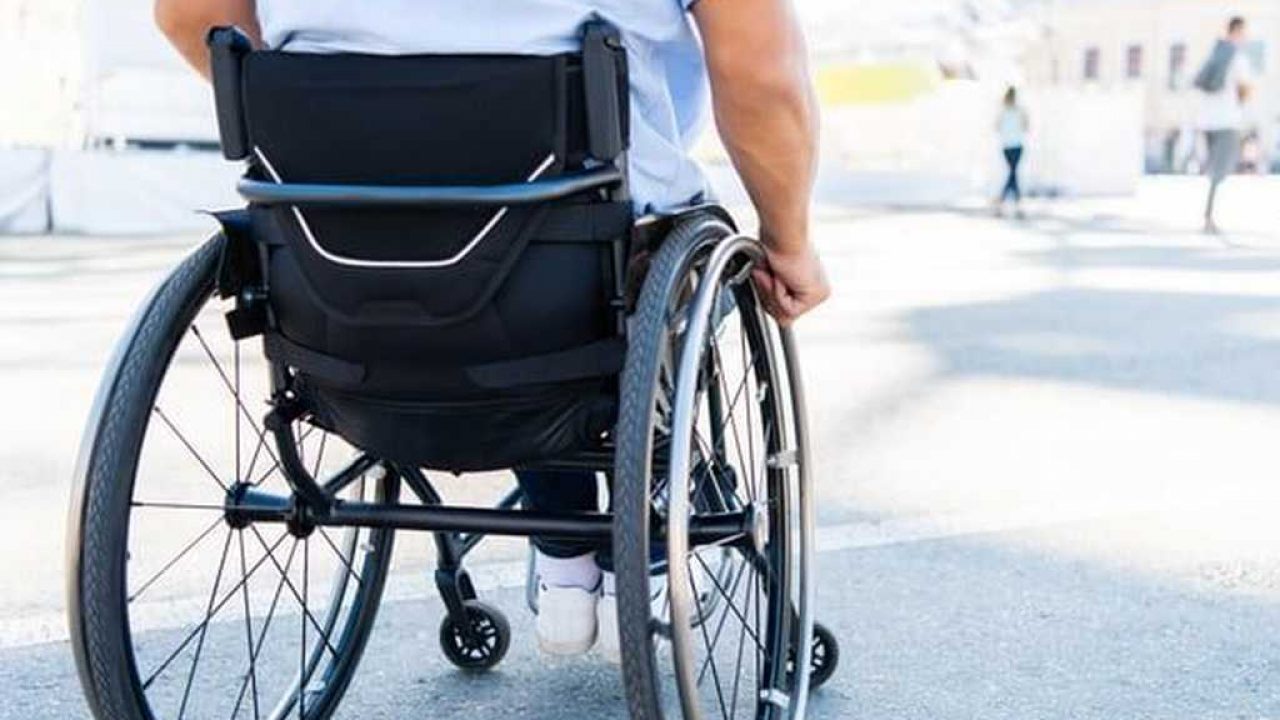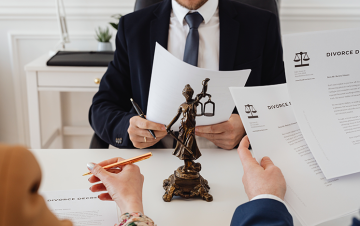Guardianship over a disabled person of group 2 is an important legal instrument that allows you to provide care and support to a person who, due to their health condition, cannot cope with financial or domestic issues on their own. Obtaining such a status is a complex and multi-stage process that requires care, knowledge of the law and preparation of relevant documents.
Stages of obtaining guardianship over a person with a group 2 disability
The process of obtaining a guardianship is a multi-stage process that requires accuracy at every stage. Completing all procedures in accordance with the law will avoid delays and complications. The process of obtaining guardianship includes several important stages:
- Consultation with a lawyer. Before starting the procedure, it is important to get advice from a lawyer. A lawyer will help you understand the legal aspects, explain what documents are needed, and draw up an action plan.
- Preparation of documents. To apply for guardianship, you need to collect the following documents: passports of the applicant and the person with a disability; medical certificates confirming the health status of the person with a disability; an act of inspection of the guardian's living conditions (usually issued by local social protection authorities); certificates of income of the applicant.
- Applying to the guardianship authorities. The application is submitted to the local guardianship and custody authority. The application must state the reasons why the person with a disability needs guardianship and substantiate the applicant's ability to perform the duties of a guardian.
- A court decision (if necessary). If there are controversial issues or if there is no consent of all interested parties, the case may be considered in court. The court takes into account the interests of a person with a disability and decides on the appointment of a guardian.
- Obtaining the status of a guardian. Upon completion of the procedure, the applicant receives the official status of a guardian. This allows them to represent the interests of a person with a disability in institutions, manage their financial affairs and ensure proper care.
These stages are the basis of the guardianship process and require a detailed approach and care. Without proper preparation, delays can occur, so each step must be carefully completed.
Responsibilities and rights of a guardian
A guardian not only has rights but also has certain responsibilities to ensure that the person with a disability is properly cared for and that all legal procedures are followed. Liability for breach of duty may result in legal consequences.
The main duties of a guardian:
- Providing proper care for a person with a disability.
- Managing the ward's finances and property in his or her best interests.
- Protection of the ward's rights in courts and other instances.
- Reporting to the guardianship authorities on the use of the ward's property and funds.
The rights of the guardian are also important, as they allow him or her to act in the interests of the ward.
Rights of the guardian:
- Represent the interests of the ward in institutions.
- Apply for social benefits and privileges on behalf of the ward.
- Receive support from the state in the form of financial assistance or social services.
A guardian's duties include not only providing physical care, but also legal protection of the ward's interests. The rights of a guardian allow them to effectively represent the interests of a person with a disability in state institutions and at the social level.
Benefits of contacting a lawyer
Guardianship is a complex process, and legal assistance significantly increases the chances of a successful outcome.
Why should you contact a lawyer?
- Saving time. A lawyer will help you quickly collect all the documents and submit an application without unnecessary delays.
- Legal support. The lawyer will monitor compliance with the law at all stages.
- Representation in court. In case of litigation, a lawyer will represent your interests.
- Consultations on rights. The lawyer will explain your rights and obligations as a guardian.
The involvement of a lawyer not only helps to avoid legal mistakes, but also reduces the time required to obtain results. A lawyer will also help with all aspects that may affect the process of obtaining guardianship. Legal assistance in this case is essential for the successful completion of the process.
Important questions about the registration of guardianship over a disabled person of group 2:
Question
Is it necessary to go to court to obtain guardianship of a disabled person of group 2 ?
Answer
Not always. If all documents are in order and the parties agree, the decision on guardianship can be made by the guardianship authority. A court is required in case of conflicts or disputes.
Question
Are there any payments for guardianship of a disabled person of group 2 ?
Answer
Yes, in many cases, guardians are entitled to receive social benefits or privileges. A lawyer will help to arrange these payments.
Legal assistance from ‘Consultant’:
Consultation with a lawyer - getting clear instructions on the procedure.
Preparation of documents - correct execution and submission of an application.
Legal support - protection of your interests in the event of litigation.
The result is obtaining the legal status of a guardian.
Experienced lawyers of the legal service ‘Consultant’ will be able to help you to obtain guardianship over a person with a disability of group 2. Contact us for a free consultation so that we can help you understand your rights and find the best way out of your situation.
Obtaining guardianship of a disabled person of group 2 Ukraine is an important step to ensure proper care for a loved one. This process requires knowledge of the law and a thorough approach to paperwork.
































